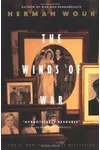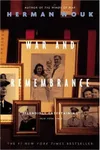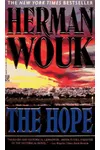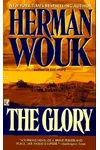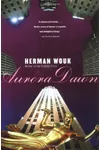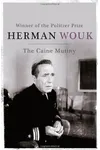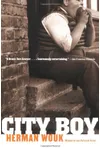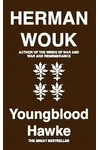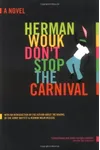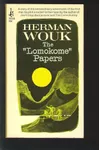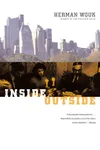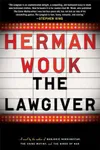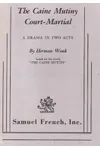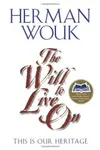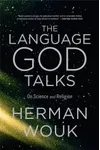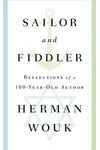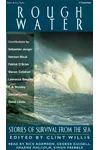Picture a storyteller who spun epic tales of war, faith, and human grit—meet Herman Wouk! Born in 1915, this Pulitzer Prize-winning American author captured hearts with novels like The Caine Mutiny and The Winds of War. His knack for blending historical drama with moral dilemmas made him a literary giant of the 20th century.
From his Navy days to his typewriter, Wouk’s life was as riveting as his stories. Let’s dive into the journey of a man whose words still echo today.
The Making of Herman Wouk
Born in New York City to Russian-Jewish immigrants, Herman Wouk grew up with a love for books and a sharp wit. After earning a degree from Columbia University, he dabbled in radio comedy, writing gags for stars like Fred Allen. But World War II changed everything. Serving as a naval officer in the Pacific, Wouk witnessed the chaos and courage that would shape his greatest works. His experiences at sea sparked a passion for storytelling that blended history with humanity.
Herman Wouk’s Unforgettable Stories
Wouk’s novels are like time machines, dropping readers into the heart of history. His breakout, The Caine Mutiny (1951), won the Pulitzer Prize for its gripping tale of a naval mutiny during World War II. The story’s conflicted Captain Queeg and moral quandaries hooked readers and inspired a classic film. Then came The Winds of War (1971) and its sequel, War and Remembrance (1978), sweeping epics that trace a family’s journey through World War II. These novels weave meticulous historical detail with personal drama, making history feel alive.
Wouk’s style was clear, heartfelt, and deeply moral. He explored faith, duty, and the human spirit, often drawing on his Jewish heritage. His later work, Marjorie Morningstar (1955), followed a young woman’s dreams and dilemmas, showcasing his versatility. Whether writing about battles or personal growth, Wouk’s stories resonate with timeless questions about right and wrong.
Why Herman Wouk Matters
Herman Wouk didn’t just write books—he brought history to life for millions. His novels shaped how readers understood World War II, blending fact with unforgettable characters. His focus on faith and ethics inspired generations, earning him fans from casual readers to scholars. Even today, his works are studied for their insight into human nature and historical storytelling. Wouk, who passed in 2019 at 103, left a legacy that proves stories can both entertain and enlighten.
- Born: May 27, 1915, New York City
- Key Works: The Caine Mutiny, The Winds of War, War and Remembrance, Marjorie Morningstar
- Awards: Pulitzer Prize for Fiction (1952)
- Died: May 17, 2019
Ready to sail into Wouk’s world? Grab The Caine Mutiny and discover why his historical fiction still captivates!
